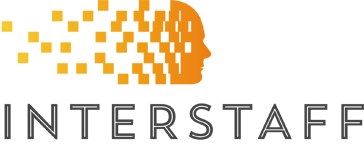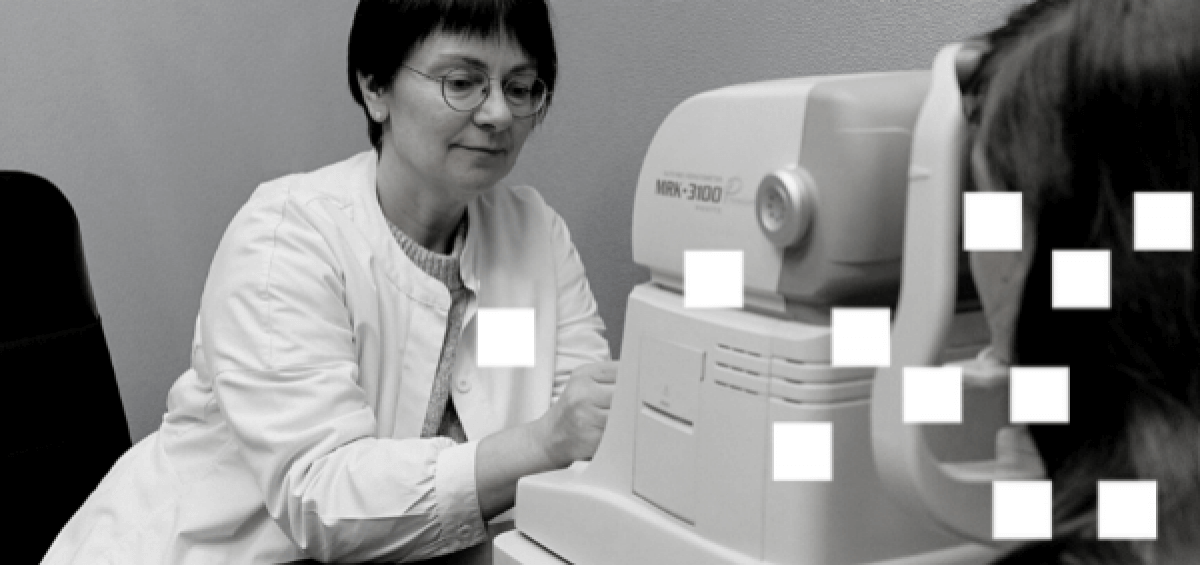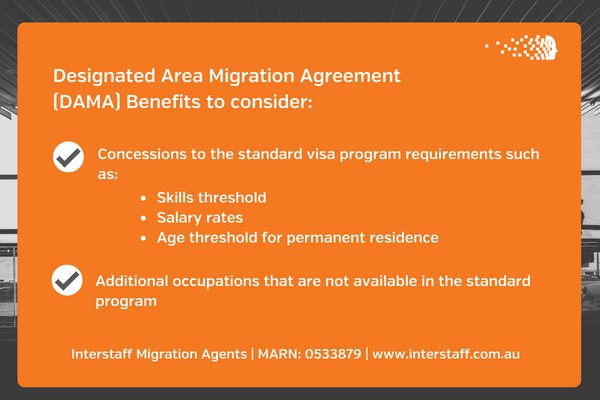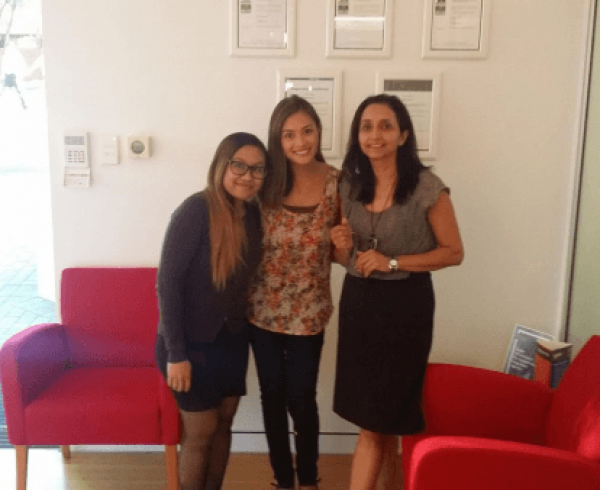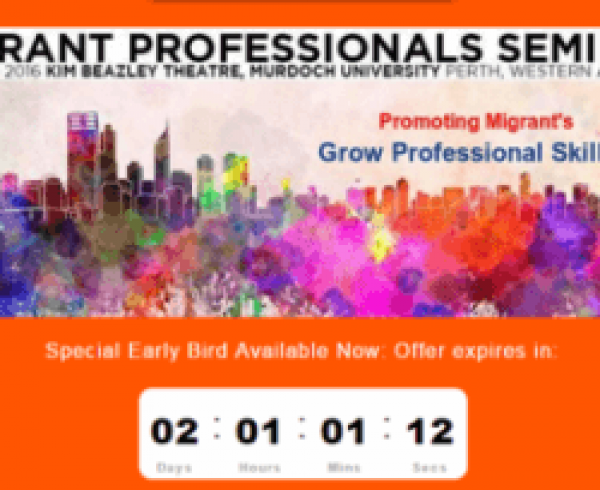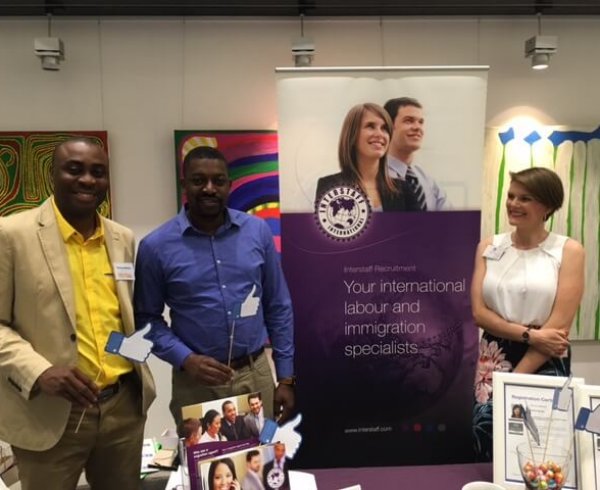Australia’s regional employers have always had greater difficulty in finding skilled employees compared to their urban counterparts. The pandemic has only exacerbated this reality by decreasing access to international travellers and creating a nationwide skills shortage.
In an effort to combat the skills shortage in regional areas and as part of Australia’s focus on regional skilled migration, three new Designated Area Migration Agreements (DAMAs) came into force in recent months.
Here’s everything you need to know about DAMAs as an employer looking to engage skilled overseas workers in Australia.
In this post:
- Designated Area Migration Agreement (DAMA) Explained
- What Regional Areas Have DAMAs?
- DAMA Benefits
- DAMA Application Requirements
- Path to Permanent Residency (PR) for DAMA Applicants
Designated Area Migration Agreement (DAMA) Explained
A Designated Area Migration Agreement (DAMA) is an agreement negotiated between the Commonwealth Government and a Designated Area Representative, such as a shire council or state or regional authority, with knowledge of the unique labour demands and broader community views in their region. Once established, the DAMA operates as an umbrella or head agreement setting out the terms applicable and the concessions available in a particular region. Eligible businesses can apply under the DAMA for a 5-year labour agreement to sponsor overseas workers.
Employers must attain endorsement from the Designated Area Representative before submitting an application for a DAMA Labour Agreement to the Department of Home Affairs. This generally requires information and documents profiling the business and its operations in regional Australia as well as evidence of the ‘market salary rate’ of the positions in which they seek to nominate overseas workers.
Employers that are granted a DAMA can then sponsor skilled and semi-skilled visa holders in designated regional areas under the concessions available. Workers are not able to apply for a DAMA independently.
Job opportunities and positions can vary, depending on the region and demand in that area. However, there are some common occupations that can be found in many regions. These include but are not limited to labour positions in mining, social work, disability, and age care.
What regional areas have DAMAs?
Available in 12 regional areas in Australia DAMAs provide access to a wider range of occupations than the standard skilled migration program. They also generally offer concessions for age, English language skills, in addition to the salary the business might have to pay the workers in order to gain access and better attract qualified workers overseas.
Here are the 12 regional locations where DAMAs are available:
- Adelaide City Technology and Innovation Advancement, SA: Skilled & Business Migration
- East Kimberley, WA: East Kimberley Chamber of Commerce and Industry
- Far North Queensland, QLD: Cairns Chamber of Commerce,
- Goulburn Valley, VIC: Goulburn Valley
- Great South Coast, VIC: Warrnambool City Council
- Northern Territory, NT: Northern Territory Designated Area Migration Agreement
- Orana, NSW: Regional Development Australia – Orana, NSW
- Pilbara, WA: RDA Pilbara
- South Australia Regional, SA: Skilled & Business Migration
- South West, WA: Shire of Dardanup
- Townsville, QLD: Townsville Enterprise Limited
The program is reviewed annually to ensure businesses seeking to access DAMA are endorsed and terms/conditions are updated, where required.
DAMA Benefits
DAMA Visa Application Requirements
Engaging an overseas worker on a DAMA is done through the Temporary Skills Shortage (TSS) 482 visa, the Employer Sponsored Regional (Provisional) 494 visa and the Employer Nominated Scheme (ENS) 186 visa programs.
As workers are not able to apply to DAMA independently without employer nomination, the employer will need to provide the following evidence and information as part of the nomination:
- Location of position: jobs must be in the regional area covered by the particular DAMA
- Financial reports: usually Financial statements and Business Activity Statements (BAS)
- Labour Market Testing (LMT): showing attempts to fill labour shortages locally
- Agree to meet sponsorship obligations
- Pay the Nomination Training Contribution Charge (NTCC)
Individuals seeking to be nominated by an employer to gain access to DAMA will need:
- An offer of employment by an eligible employer in a relevant occupation.
- To meet the English requirement at the standard program level unless DAMA concessions apply.
- To satisfy qualification and work experience requirements and along with family members, meet health and character requirements.
Concessions available vary from region to region. We recommend you check with the specific DAMA region for these allowances or speak with one of our qualified Migration Agents for more information on concessions available to you.
Path to Permanent Residency (PR) for DAMA Applicants
The DAMA program offers opportunities to apply for Permanent Residency (PR) in cases where this may not be available in the standard employer-sponsored program.
The option to transition from a temporary 482 visa to a Permanent Residency is an attractive offer to overseas applicants looking to work in Australia for the following reasons:
- Applicants can acquire PR in Australia through employer sponsorship when their occupation would not usually allow this through the standard migration program.
- Applicants over the age of 45 years of age have a PR pathway with DAMA due to age concessions negotiated by Designated Area Representatives.
Each DAMA will have PR pathways for its specified region depending on the negotiated terms of the head agreement. We suggest reviewing each region to see their specific requirement for PR consideration.
Interstaff | Over 30 years of visa and migration experience
Interstaff is an Australian-owned and operated business providing strategic migration advice to businesses and individuals Australia-wide and internationally since 1988.
Should you need professional advice on your Visa or Migration requirements, we encourage you to call Interstaff’s Migration Agents on 08 9221 3388 (Perth) or 02 7200 2567 (Sydney) or 03 8319 0902 (Melbourne) or +61 8 9221 3388 (International).
You may also wish to connect with us on Facebook and LinkedIn or get in touch with us here.
Sources:
